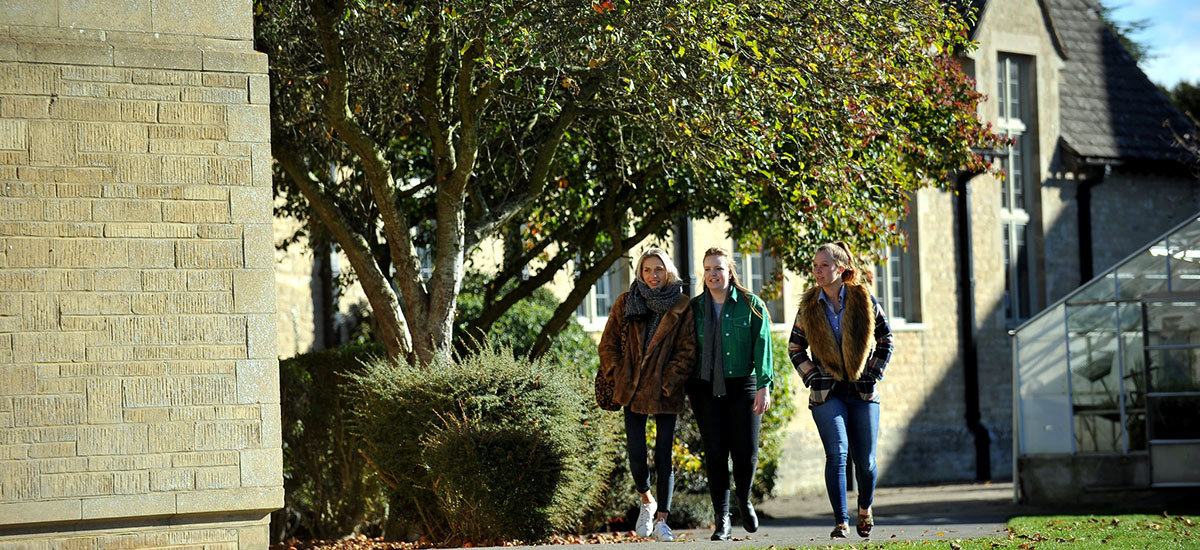Support for students with dyslexia and other disabilities

We aim to be an inclusive environment and actively welcome applications from disabled & neurodivergent students. Your application for a place will be considered solely on academic grounds. We ask that you declare your dyslexia or disability to us as early as possible, so that we can ensure we have provision for your needs in place when you arrive.
We support students with a range of disabilities, learning difficulties, and other health and mental health conditions. Disabilities we can offer support for are:
Specific learning difficulties
Specific learning difficulties (SpLDs) include, but are not limited to dyslexia, dyspraxia, or attention deficit hyperactivity disorder (ADHD).
Mental health difficulties
Mental health difficulties include, but are not limited to depression, anxiety, eating disorders, obsessive compulsive disorder (OCD), bipolar affective disorder, personality disorders, or psychosis.
Autism
Autism is a spectrum condition and affects people in different ways.
Sensory impairments
Sensory impairments include, but are not limited to visual or hearing impairment, blindness, or deafness (with or without British Sign Language as a first or preferred language).
Mobility difficulties
Mobility difficulties include, but are not limited to paralysis, scoliosis, chronic pain, difficulty walking, or using a wheelchair.
Ongoing health conditions
Ongoing health conditions include, but are not limited to arthritis, epilepsy, diabetes, cystic fibrosis, narcolepsy, repetitive strain injury (RSI), cancer, HIV, hepatitis, multiple sclerosis, Crohn's disease, chronic pain, lupus, or chronic fatigue syndrome/myalgic encephalomyelitis (CFS/ME).
Other disabilities and conditions
If you have another disability, specific learning difficulty, health, or mental health difficulty that is not listed, contact the team to discuss options for support.
Transcript of student support video.
If you think you may be dyslexic, have a medical or physical disability, or mental health need, contact our Student Services team.
Depending on your disability we may require copies of additional documents such as:
- A copy of a report or letter from your doctor or consultant in the case of a physical or long-term health condition (lasting over 12 months).
- A copy of a report or letter from your doctor or consultant in case of a mental health condition.
- A copy of a full diagnostic assessment from a suitably qualified practitioner, psychologist or specialist teacher. The assessment does not need to be a post-16 assessment.
Copies should be sent to StudentServices@rau.ac.uk.
Disabled Students' Allowance (DSAs) for UK home students
All UK home students with disabilities should apply for DSAs to find out what support can be funded. Disabled Students’ Allowances (DSAs) can cover some of the extra costs you may have during your studies because of a disability. DSAs are grants only available to UK home students. It is not a means tested fund and they do not have to be repaid.
DSAs may fund:
- one-to-one support such as study skills tuition and specialist mentoring
- specialist equipment and software
- travel costs
- printing costs
We advise all UK home students with disabilities to apply for DSAs at the same time as applying to university. Do not delay or your support may not be ready for when you start. Please contact StudentServices@rau.ac.uk for support in applying.
Information for DSA Needs Assessors
If you are a DSA Needs Assessor, please click here to download our information pack.
DSA’s £200 equipment contribution
Students contribute the first £200 towards DSAs-funded equipment. If this contribution would put them in financial hardship, please signpost them to Student Services.
Means-tested help may be available, but this is considered on a case-by-case basis.
Accommodation
If you are a disabled and neurodivergent student and need a room that is not a standard room type (shared kitchen and bathroom) please contact Student Services StudentServices@rau.ac.uk to find out if partial funding is available due to a disability related need. We will then consider your application and, if agreed, pay the cost difference between a standard room and the alternative room type needed to support your disability.
You will need to share any medical evidence which supports the need for adjustments to standard student accommodation with Student Services StudentServices@rau.ac.uk.